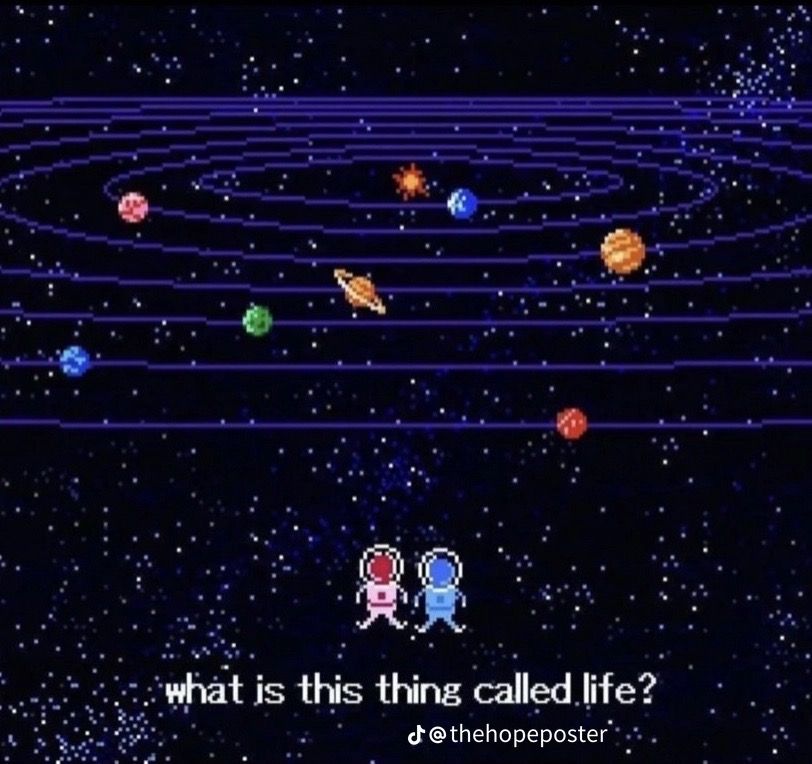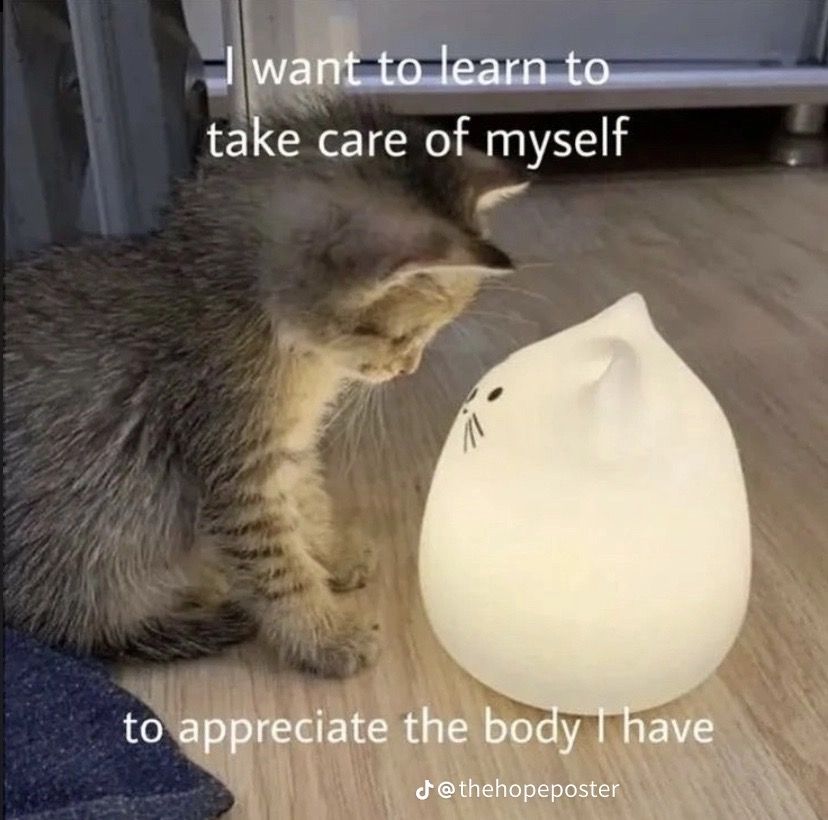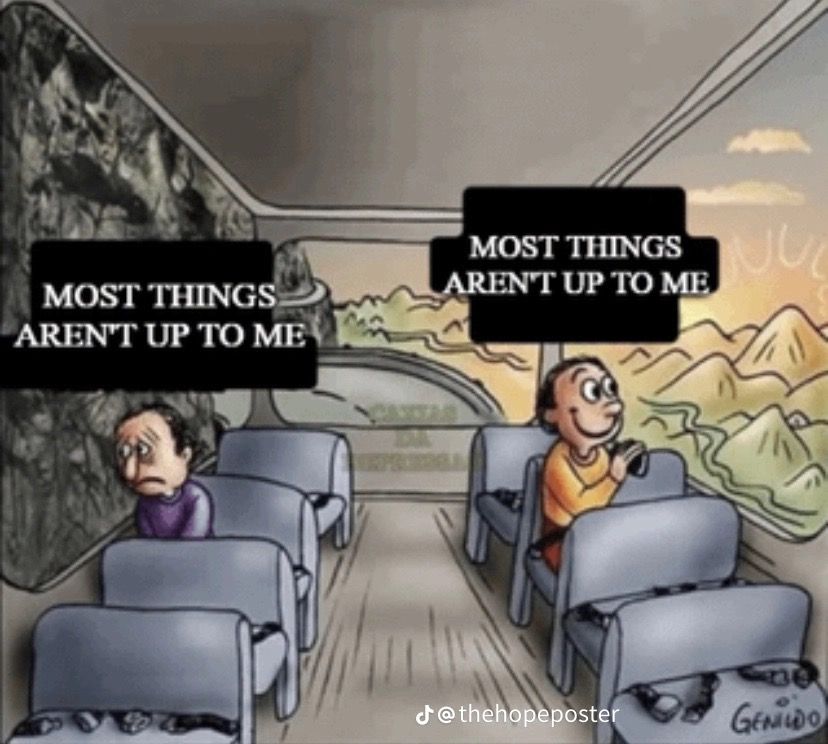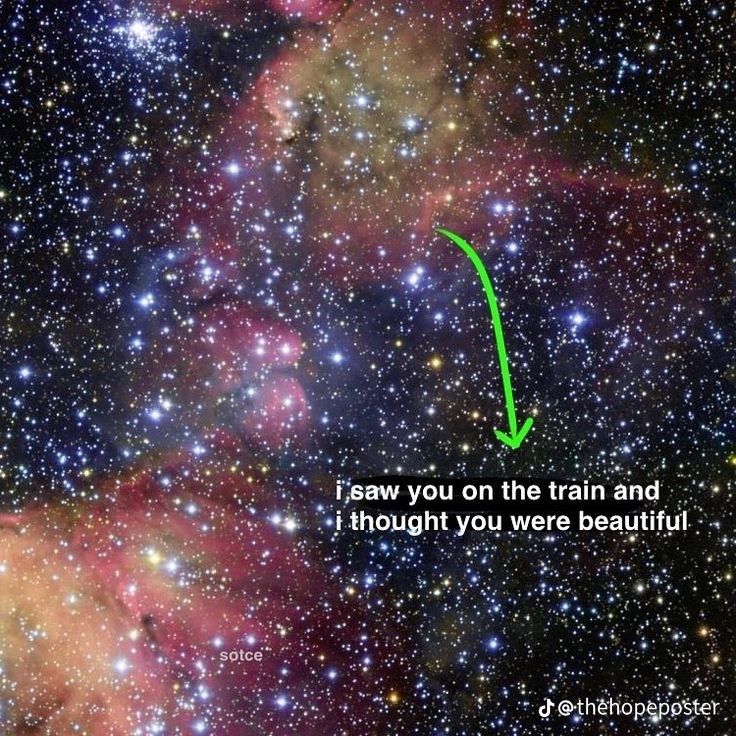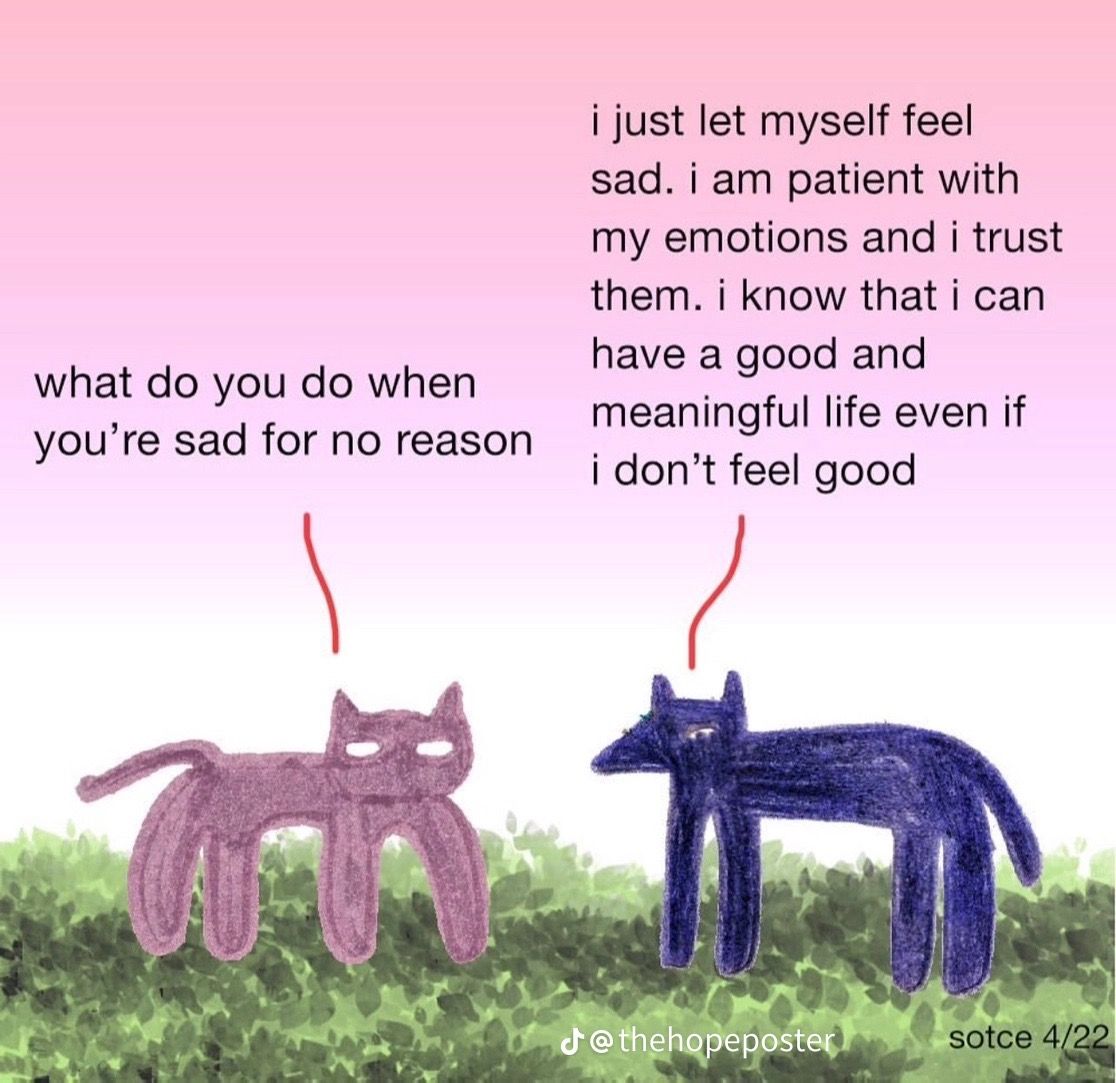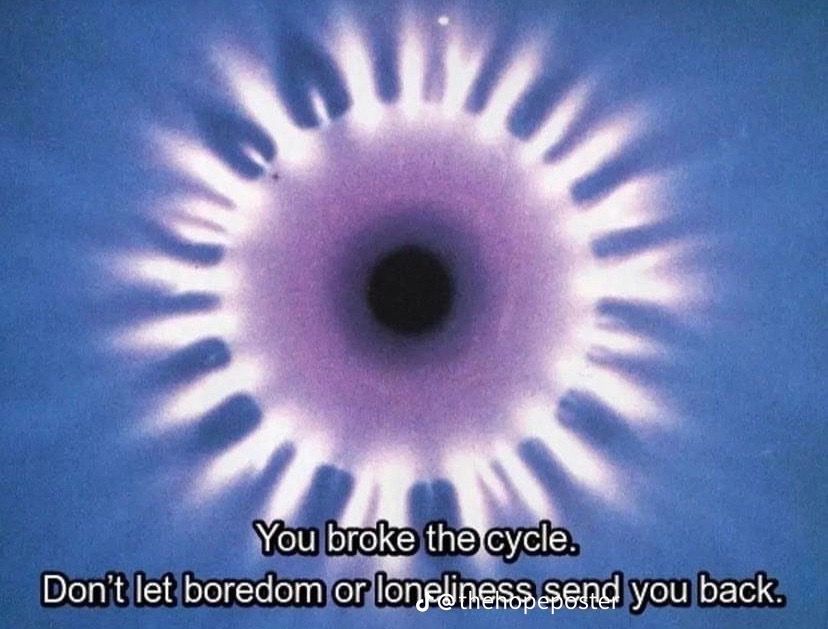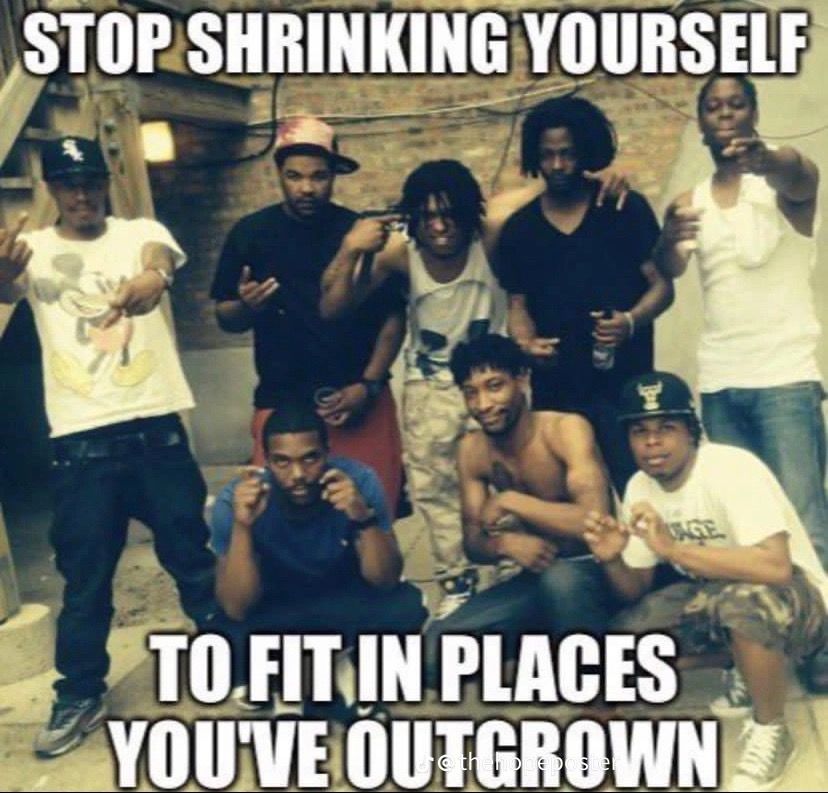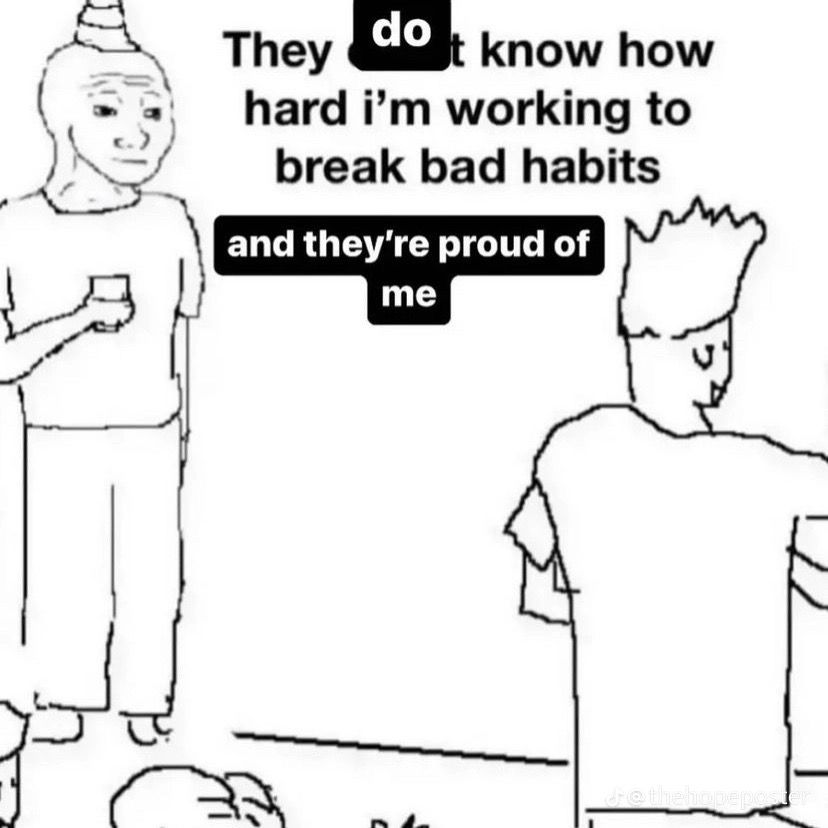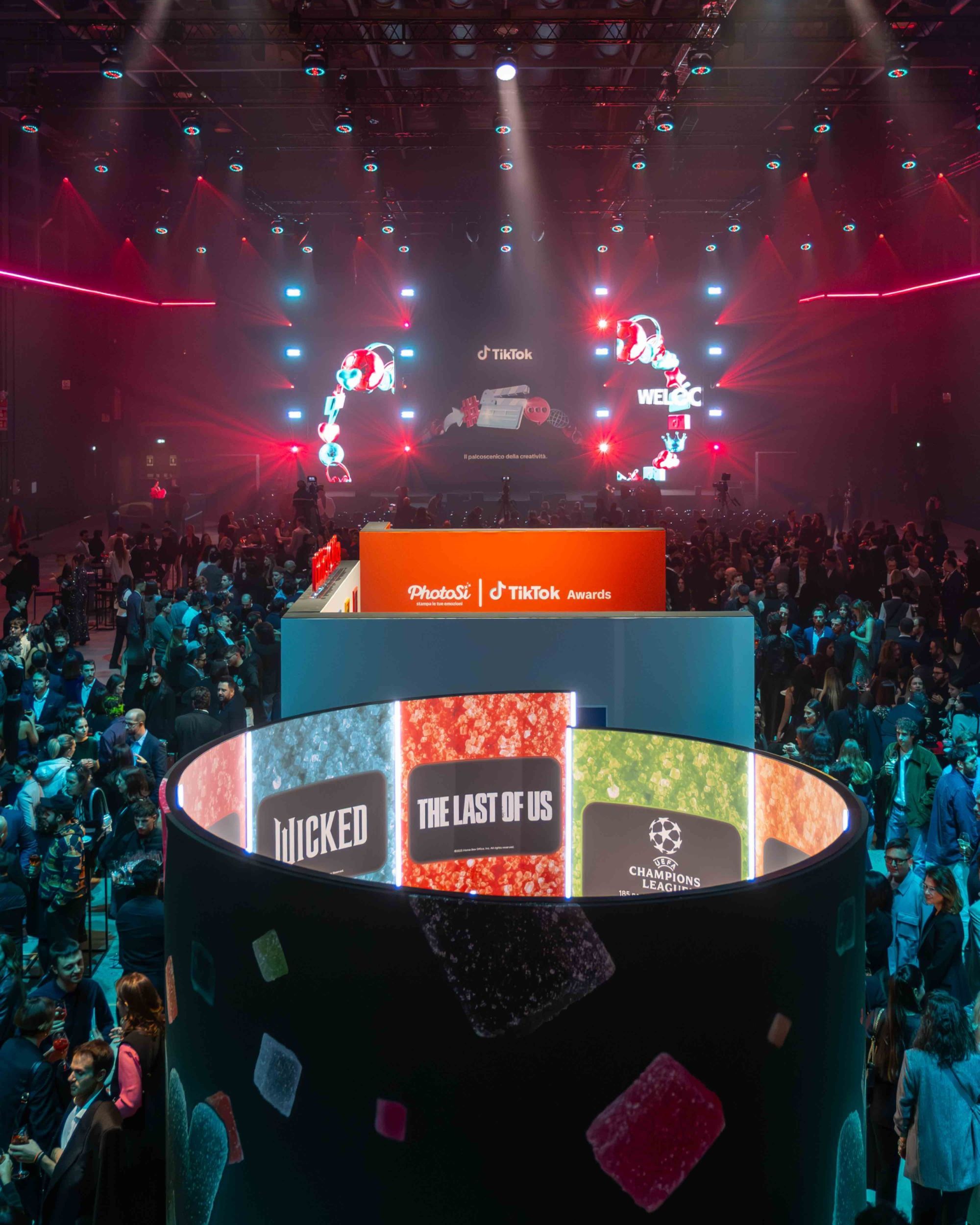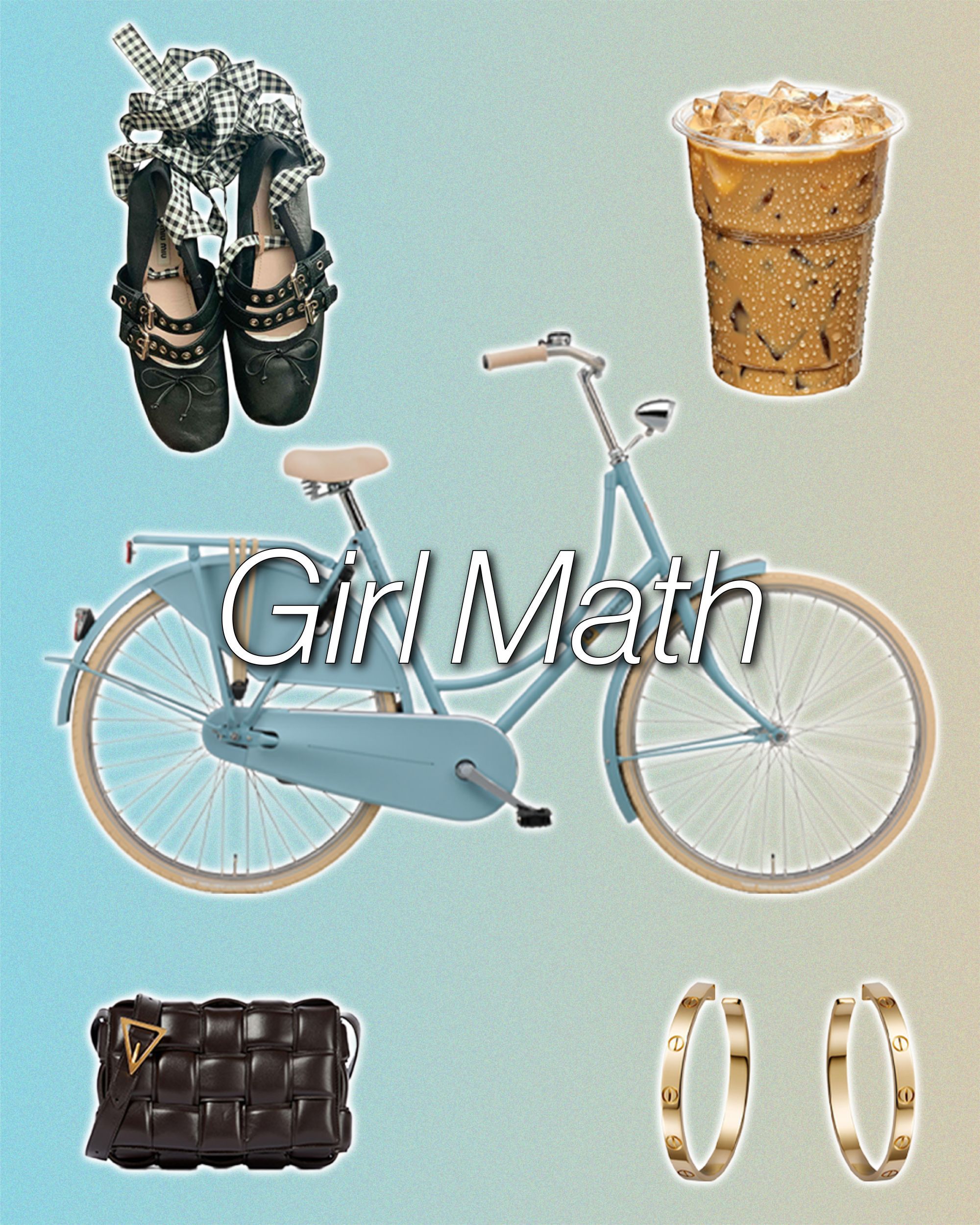
Girl Math and the phenomenon of new age positivism Why girls' TikTok neologisms don't work in the marketing world
«Got a new pair of Cartier earrings for $3,950, so I thought I'd girl math my way through the purchase,» Chloe explains in a TikTok video (which has almost 3million views), demonstrating why her new Cartier earrings costed nothing. Using her father's calculator, she subtracted from the cost of her new purchase the difference in price of the earrings she initially wanted ($1,300), the coupons she was able to use ($1,000), and then divided the price in half - because buying earrings is like taking advantage of a two-for-one deal. Considering that buying a Cartier is a returnable investment, Chloe goes on to state that the earrings were practically free, «because I remember my dad's credit card number.» Appearing on TikTok just a few weeks ago, Girl Math is a neologism invented by girls to justify the most superficial expenses of the day, such as $8 iced coffees (if you bike to the coffee shop you save on transportation) or buying concert tickets in advance (on the day of the event you won't have to pay for anything). An inside joke for TikTok girls mocking their shopping addiction, the trend has already been eyed by some cosmetics brands for their marketing campaigns, raising quite a bit of controversy.
@mckennaelianna somehow it makes sense #girlmath original sound - kenna
«When you spend $300 at Ulta Beauty but you use your ultamate rewards points so basically it's free,» says Ulta Beauty, explaining the Girl Math theory applied to its products, while Mac Cosmetics uses the excuse of cost-per-wear (if you wear a 30 euro lipstick every day for two months, you're only paying 50 cents a day for it). These adverts sparked the interest of Vogue Business, which investigated, in an article filled with interviews and different points of view, the negative effects of the TikTok trend on over-spending, and the responsibility that large cosmetics companies should take on in terms of transparency and education on responsible shopping. Vogue Business' analysis sheds light on a central aspect of the marketing industry, but does not take into account the fact that, unlike trends such as Blueberry Milk Nails and Strawberry Makeup, which have been incorporated into the social narrative by publicists and PR, Girl Math takes a reverse route, reaching the consumer first, and then the manufacturer. One of the TikTok creators interviewed by Vogue Business refutes the alarmist theories of some communication experts, emphasising the ironic aspect of the Girl Math trend. «Many critics exaggerate that the poverty of the younger generation is caused by our spending habits, due to the fact that 'we indulge in a latte and avocado toast.' In reality, the economic limitations of our generation are rooted in the rising cost of living and wages that cannot keep up with inflation. By my calculations, brunch has not caused a global economic collapse.» And she has a point.
Girl Math starts off as an inside joke, and is therefore untranslatable for those outside the niche circle of TikTok-connosseurs. Comparable to Girl Dinner, a slang that has conquered social media in recent months to refer to the small plates of snacks that some girls like to prepare for dinner, it further exasperates the platform's comedy of the absurd that nonetheless renders much of our reality. The nouns Dinner and Math become part of a dictionary that can only be consulted by those who recognise themselves in the word that precedes them, namely Girl, because as much as everyone can understand the charm and irony of the jokes, only a girl can recognise their complexity. Female consumers who joke about their purchases are well aware of the weirdness of their reasoning, but they are also certain that their post will receive the approval of thousands of other users because they are all complacent about the same crime. Girl Math is not an admission of guilt, but a code name that only retains its meaning when uttered by a Girl.
Besides being funny, the trend demonstrates a cultural shift in meme language. Contributing to the rise of new age positivism, Girl Math and all posts similar to it manifest Gen Z's need to move away from the relatable and pessimistic posts that once ruled social in favour of deeper content. Whereas until recently complaining and self-deprecation were the algorithm's order of the day, the time for motivational content has finally come - and we're not talking about Live, Laugh, Love. The fears plaguing Gen Z continue to grow, with the rising cost of living and the worsening climate crisis, but despite this, young people have decided to roll up their sleeves and try to change things. This unexpected positivism - despite 56% of the digital native generation being afraid of their future, 70% say they are involved in causes for political or social activism - translates according to the TikTok idiom into memes such as Girl Math, thus ironising on the current alarming state of our world by highlighting its romantic and paradoxical aspect. The world is on fire, but maybe it needed just that. Girl Math is a completely meaningless expression in itself, but it conceals an ontological and spiritual message, a thought principle that helps us recognise in others the same turmoil we feel - in this case, dealing with a shopping addiction while the cost of living skyrockets. Only you and I can laugh about it, not men, not lipstick manufacturers, and not even their marketing teams.












































